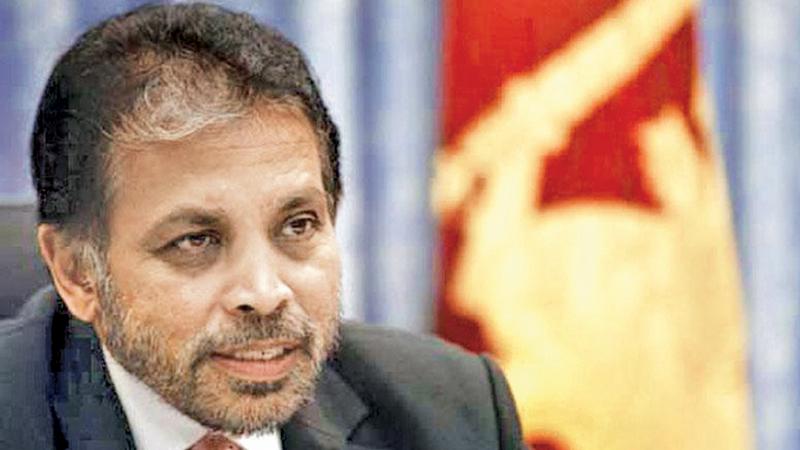
The latest escalation of tensions in the Middle East will have implications not only for millions living in the region but also for the wider world. Some consequences will be readily obvious others not so.
Already oil prices have spiked against the background of a wobbly global economy.
The world economy will suffer serious damage if tensions escalate further, former Permanent Representative of Sri Lanka to the United Nations, Dr. Palitha Kohona said.
He said growth has been slowing for some time in the major economies, including our region and the slowdown will be further aggravated. Tit-for-tat sanctions by the US and China have effectively been the prime cause of the spreading global economic wobbles, with China, the world’s major consumer of raw materials, also demonstrating a noticeable lack of appetite.
“The many countries of the Middle East, already devastated by over 25 years of warfare, occupation by foreign troops and inter state tensions, will invariably suffer further, giving rise to additional socio-economic consequences,” Dr. Kohona said, adding that the Middle East has been the focus of attention of multiple global players for a range of reasons, including resources, mainly oil, strategic considerations, national security and importantly, giant egos. He said oil has given the Middle East access to huge torrents of wealth but also made it a bear pit of international competition for influence.
An important consideration that appears to bypass the attention of many a commentator is the impact of these intersecting mega interests on the lives of millions of ordinary people in the region who have suffered massive deprivations over two decades, not to mention thousands of civilian deaths. World crude prices surged last week to touch the US$ 70 mark a barrl with heightened tensions in the region and the forecast is that it would spike further if the situation worsens.
“For Sri Lanka, any increase in the price of oil would have a seriously negative impact on the economy which is, in any event, struggling to recover from over four years of mismanagement and the effects of the Eater Sunday terrorist bombings. Not to mention the implications for the thousands of Sri Lankans working in the region and repatriating close to USD 7 billion of their incomes to support our shaky economy,” Dr. Kohona said, adding that the Middle East is also an important market, not only for our tea but also for a range of products, including vegetables and fruit. Instability in the region would have extensive implications for the Sri Lankan economy and for producers and exporters.
Against the background of the above factors Sri Lanka needs to tread cautiously in the event of the confrontation spinning out of control. It cannot afford to be seen to be taking sides, especially in view of the already experienced Middle East inspired terrorism which devastated our tourism industry with over 150,000 job losses and is still not appearing to recover adequately.
It will not take much to inspire further acts of terrorism on our soil in sympathy with the coreligionists in the Middle East. Should the conflict escalate, there is also the possibility of being dragged in to the melee unwittingly as the Acquisitions and Cross Services Agreement (ACSA) concluded with the US may enable US military assets to use Sri Lankan facilities in furtherance of their military objectives. The US could use the ACSA to request the use of our facilities and any refusal may not be viewed favourably. Already, the US has forcefully asked, not only its allies, but also others to back its approach to Iran. On the other hand we may also be opening ourselves to be targeted by missiles which have demonstrated an uncanny ability to reach their targets with impressive precision.
The question of Sri Lanka being neutral in the event of a conflict has been discussed recently. Neutrality has been defined as, “Neutrality - The state of a nation that takes no part in a war between two or more other powers. Since the nineteenth century, International Law has recognized the right of a nation to abstain from participation in a war between other states. In an international war, those taking no part are called neutrals”.
A declaration of neutrality may not necessarily save us with the major powers flexing their muscles in our neighbourhood. Sadly, history demonstrates clearly that small players who seek cover behind declarations of neutrality in times of conflict survive only as long as they serve the purposes of the bigger powers. In the past, Sri Lanka sought the company of its non-aligned partners to play an active role in defusing tensions in its backyard. The role that it played in history is still admired.
